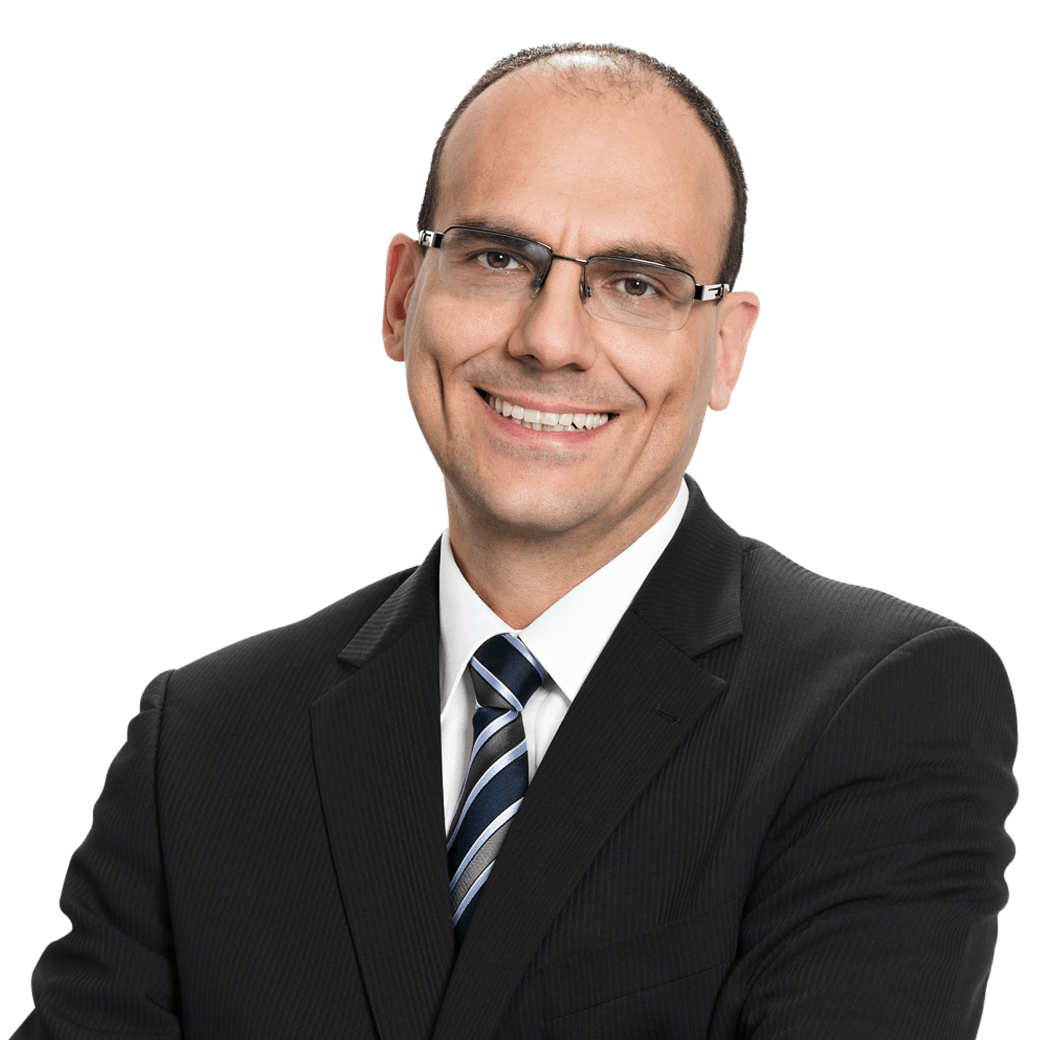Renewables investments | Germany tussles with new market realities
Published on 8th December 2016
Osborne Clarke are proud sponsors of inspiratia’s riskWatch which assesses the risk of investing in renewables energy projects in the most active markets globally. Please see below an extract from inspiratia’s latest report.
The passing of Germany’s new renewable energy law (EEG) in July 2017 introduced sweeping changes to the regulatory framework. Most notably EEG replaced the much admired and copied feed-in-tariff with competitive auctions for greenfield projects seeking incentives. As a result of the increased clarity of the legal overhaul and advances in the offshore wind space in 2016, inspiratia has increased its riskWatch country score compared to the same period last year. This consolidates Germany’s continued leadership position of second place behind France in inspiratia’s riskWatch rankings. The likely decline in new-build opportunities as a result of the auction system have negatively impacted the 12 month outlook.
As Europe’s pioneering and largest renewables market, Germany is firmly under the microscope of market participants as it completes a major transition in its regulatory framework. As a result of reforms passed by the country’s parliament in
July, the new Renewable Energy Act (EEG 2017) comes into force from 1 January 2017.
While this development provides clarity for developers and investors, the move to an auction-based support system will constrain the size of opportunities. So how does Germany compare to other European markets and what trends are we seeing in capacity limits, offshore, M&A and project drivers? Please contact one of Osborne Clarke’s experts below to request a full copy of the inspiratia’s report.
About inspiratia: inspiratia provides real-time data, forward-looking analysis, and timely market news relating to global infrastructure and renewables sectors.




